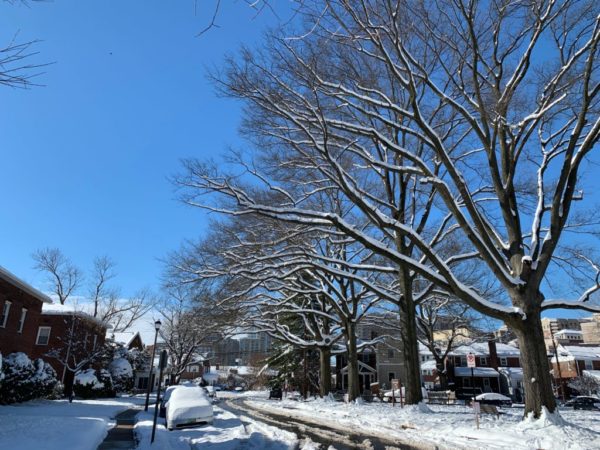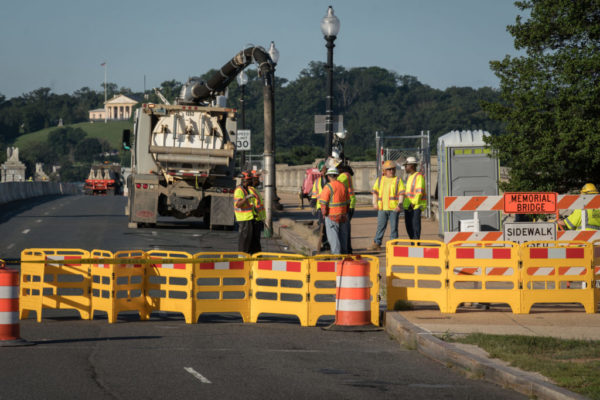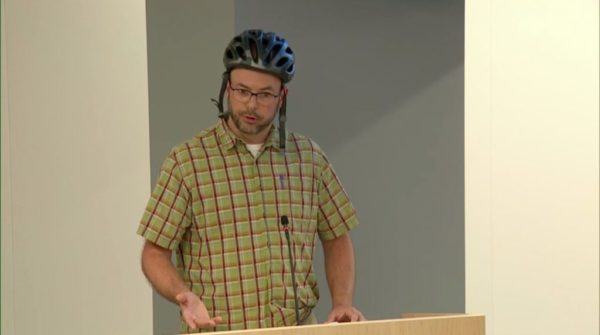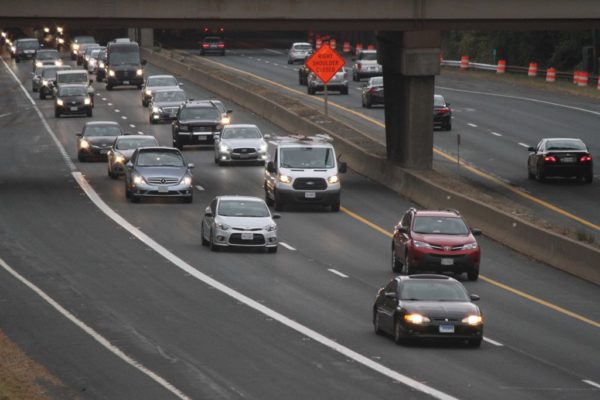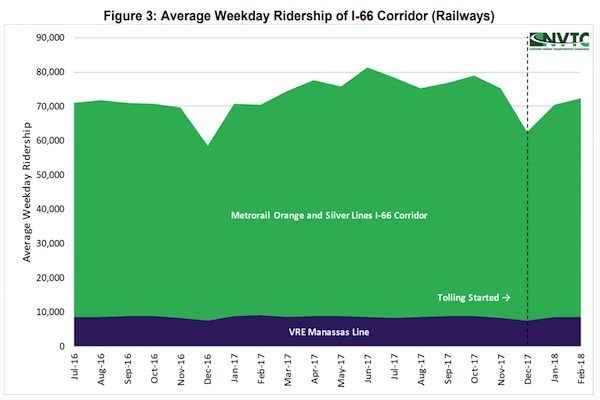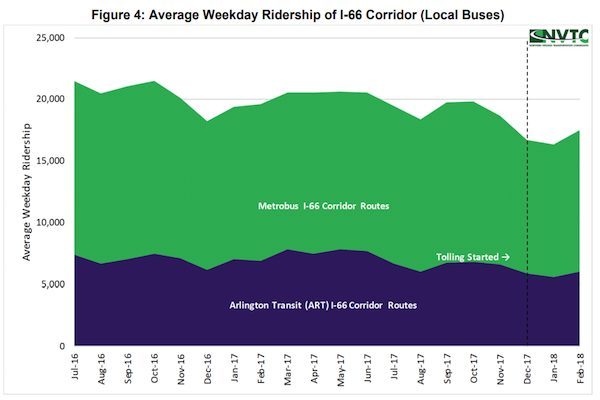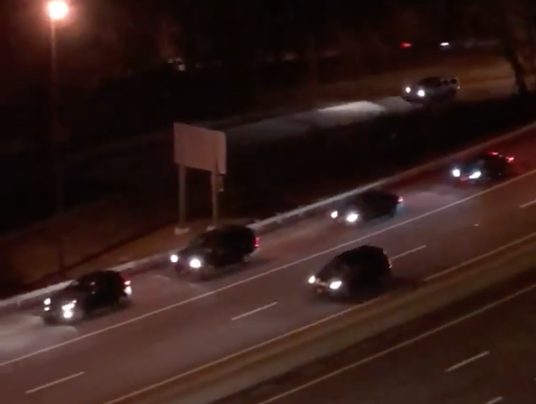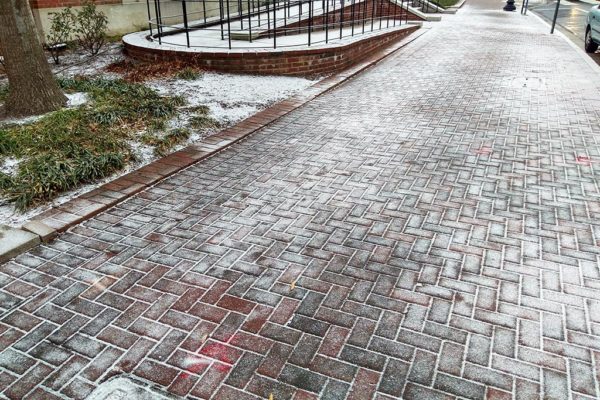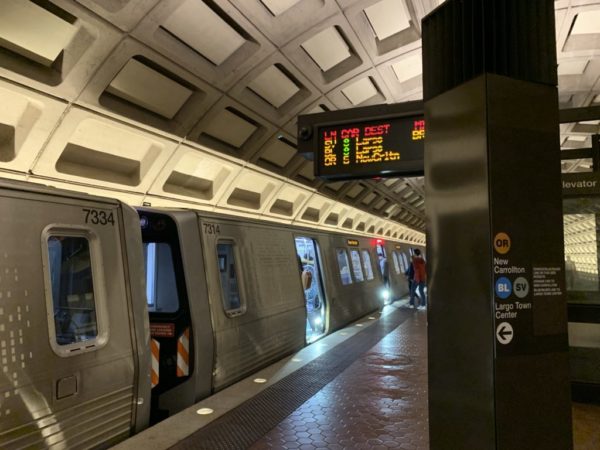
Amazon says it will offer “transit benefits” to its thousands of employees bound for Arlington, in a bid to incentivize workers to rely on the county’s public transportation options once they arrive.
The tech giant has long worked to help employees at its Seattle headquarters afford train and bus rides and ease their commutes, but Amazon officials didn’t initially detail similar plans for the new offices it plans to set up in Crystal City and Pentagon City.
Yet county officials have said recently that they’ve received assurances from Amazon that the company would indeed offer similar benefits in Arlington, and the tech firm has confirmed that plan to ARLnow.
“Consistent with our other corporate offices, Amazon will provide transit benefits for our employees at our new headquarters in Virginia,” Amazon spokesperson Jill Kerr told ARLnow. “Last year alone, we provided $63 million in transit fares for our employees in Seattle.”
Kerr added that “more than half of our employees in Seattle bike, walk or take public transportation to work,” and she expects that the new “National Landing” campus will “allow for similar commuting.”
The move is quite welcome news for county leaders and transit advocates alike, who are anxious to see the tech giant embrace public transportation in the area. Though Metro’s rail service may well have its problems, many around Arlington hope Amazon’s 25,000 workers embrace transit to ease pressure on the county’s congested roads.
“Ideally, Amazon employees here will be like those in Seattle where a significant number live within walking distance of the headquarters,” said Stewart Schwartz, executive director of the transit advocacy-focused Coalition for Smarter Growth. “But for the rest, offering essentially free transit passes is basically the single most powerful thing they could do to make a difference.”
Kerr declined to provide specifics on how the transit benefits will be structured for future Arlington employees. But posts on the crowdsourced employer review site Glassdoor suggest that the company offers free “ORCA” passes for its Seattle workers, giving them unlimited access to public transit options in the city and its surrounding suburbs.
Schwartz hopes that the company pursues a similar strategy in Arlington, considering that Amazon’s new offices in Crystal City and Pentagon City will sit adjacent to a variety of different transit options.
While the area’s Metro stations are the more obvious options for employees, giving them access to the Blue and Yellow lines, the county also operates a bus-rapid transit system between Crystal City and Potomac Yard (which it will soon expand to Pentagon City).
The neighborhood’s Virginia Railway Express station is also located just a few minutes’ walk up Crystal Drive from the company’s planned office space, and the VRE is even weighing an expansion of the station in the coming years. That could put an entrance to the station directly across from a new entrance for the Crystal City Metro station, a project set to be funded largely with state money as part of the proposed Amazon deal that will sit just under one of the company’s buildings.
“They have a very high preference among their employees for multimodal transportation, public transportation, biking, walking, being part of an integrated place that you can get around in a number of ways,” Alex Iams, assistant director of Arlington Economic Development, said during a Dec. 6 question-and-answer session on Amazon. “Pentagon City-Crystal City fits the bill perfectly. You can get on a plane, a train, an automobile, a scooter, all of the amenities.”
But officials do acknowledge that for any drivers glad to see Amazon employees pushed onto public transit, there are also nervous Metro riders who fear crowds of new arrivals. After all, the service already suffers from fairly regular meltdowns leaving huge crowds on platforms during rush hours.
Yet Arlington planners are optimistic that crowds in Crystal City and Pentagon City have died down enough over the years, particularly as military and federal agencies fled the neighborhoods, that there should be plenty of room at the Metro stations near the new headquarters. Metro officials also point to proposals to increase the size of all trains and ramp up rush-hour service as reason for optimism, though Arlington leaders may not be able to find enough cash to afford those improvements just yet.
Of course, county leaders acknowledge that not everyone headed for Amazon HQ can ride Metro. That’s where they hope their work to, eventually, bring Route 1 down to the same grade as other streets in the neighborhood will expand other commuting options as well.
“That’s the desire of the company too, to make it more walkable, bikeable and more connected,” county transportation director Dennis Leach said during the Dec. 6 Q&A.


